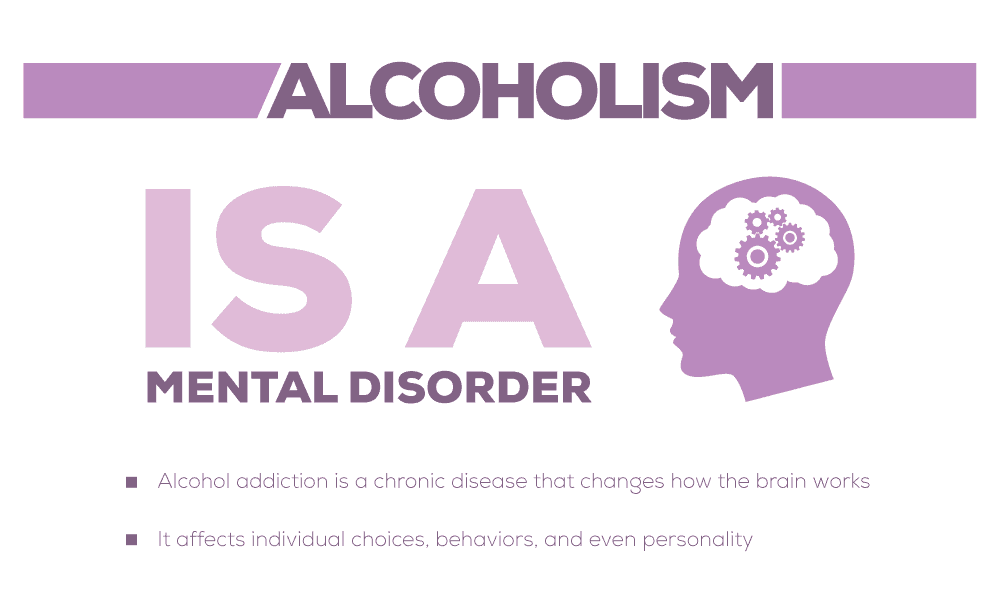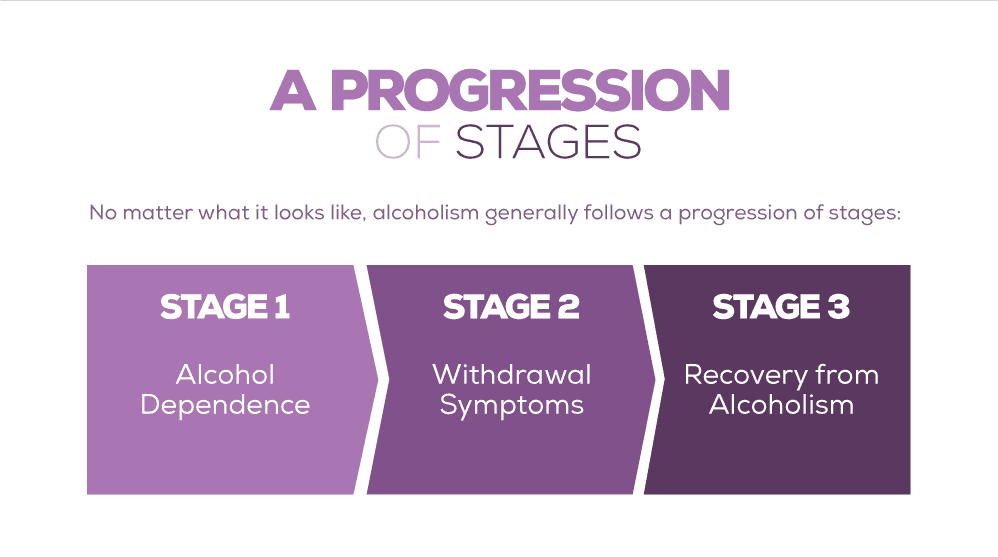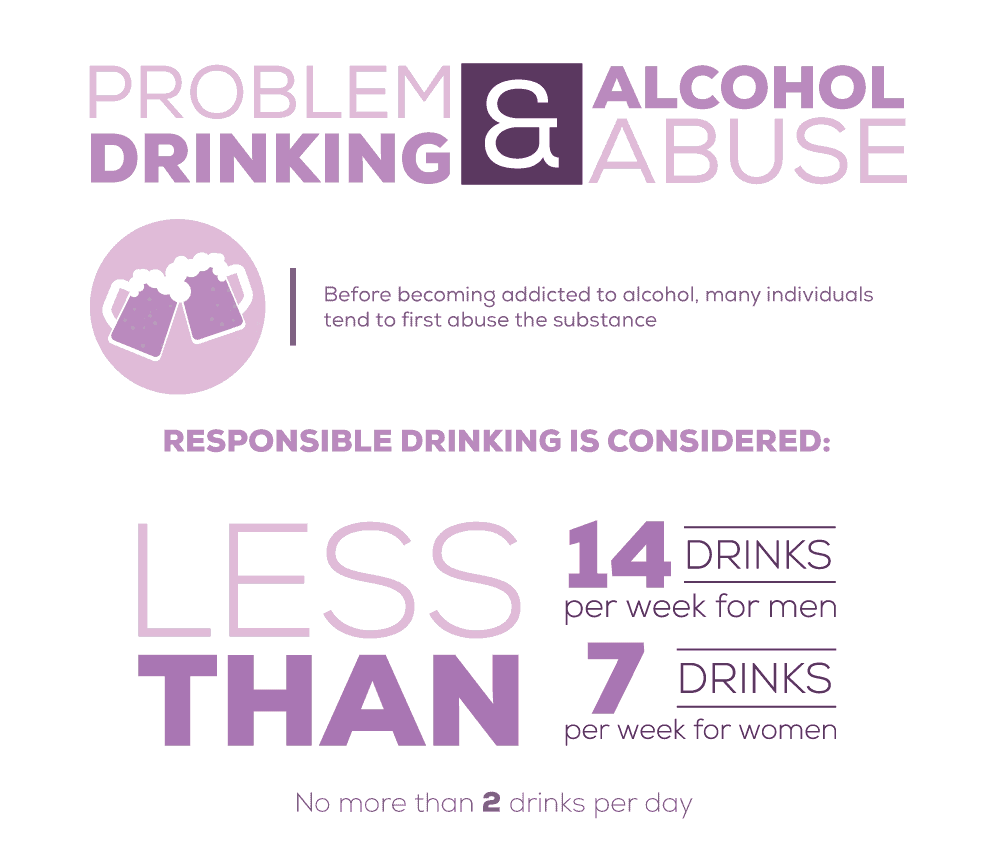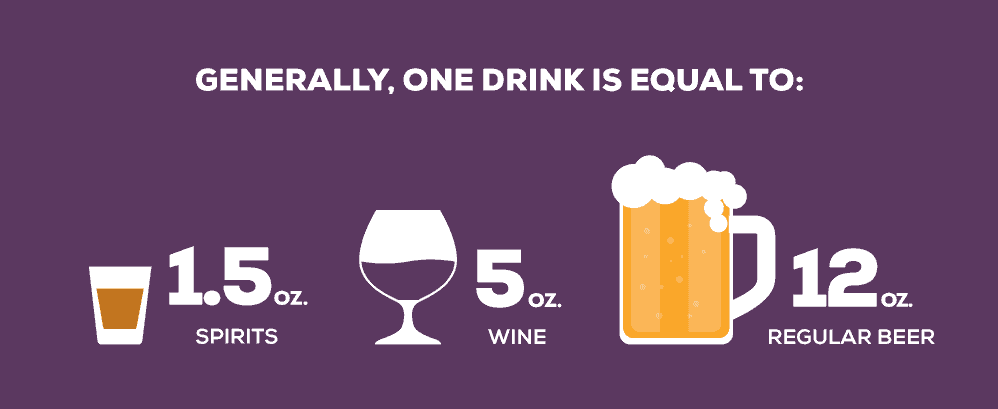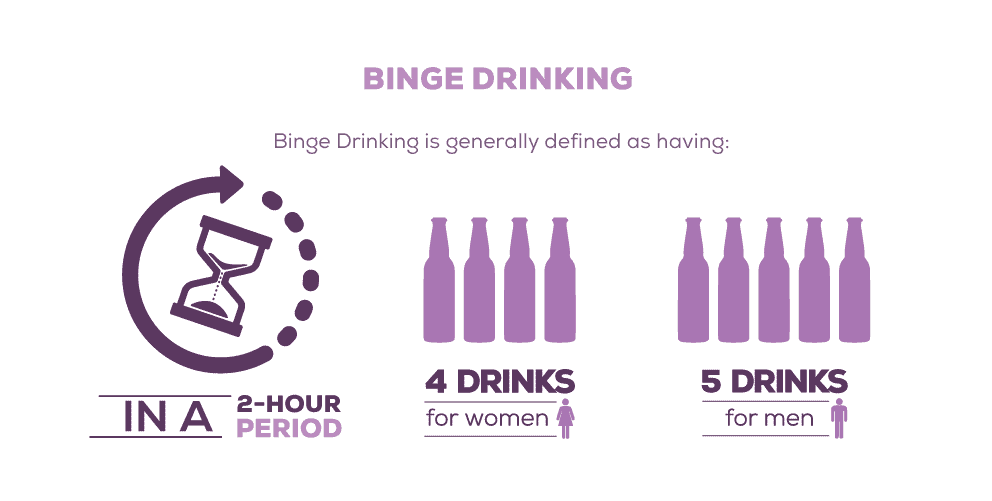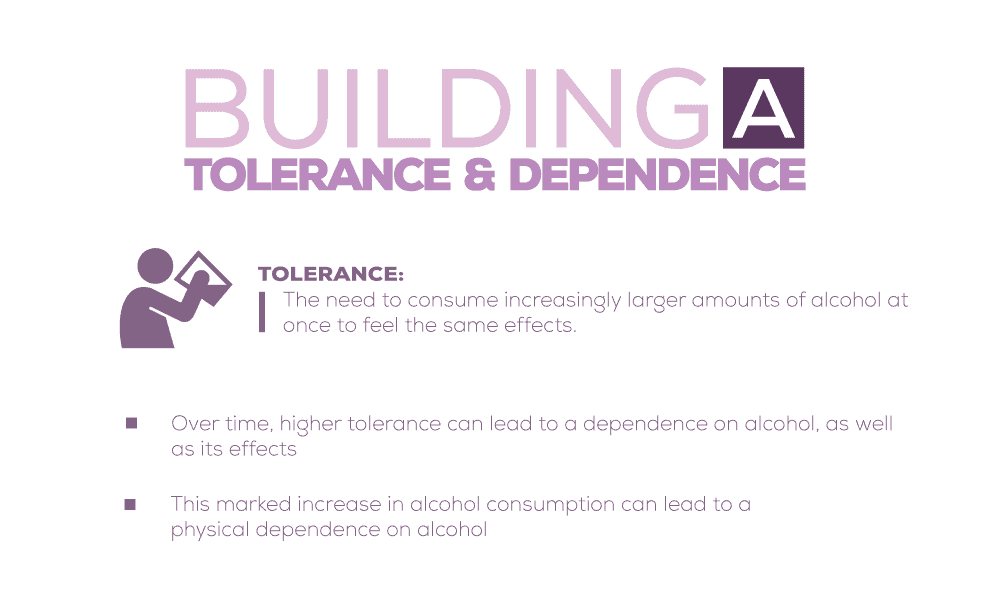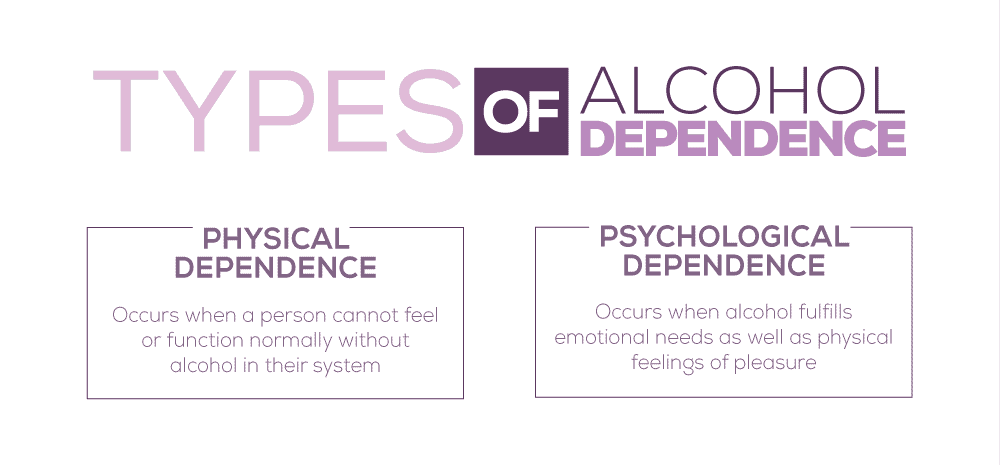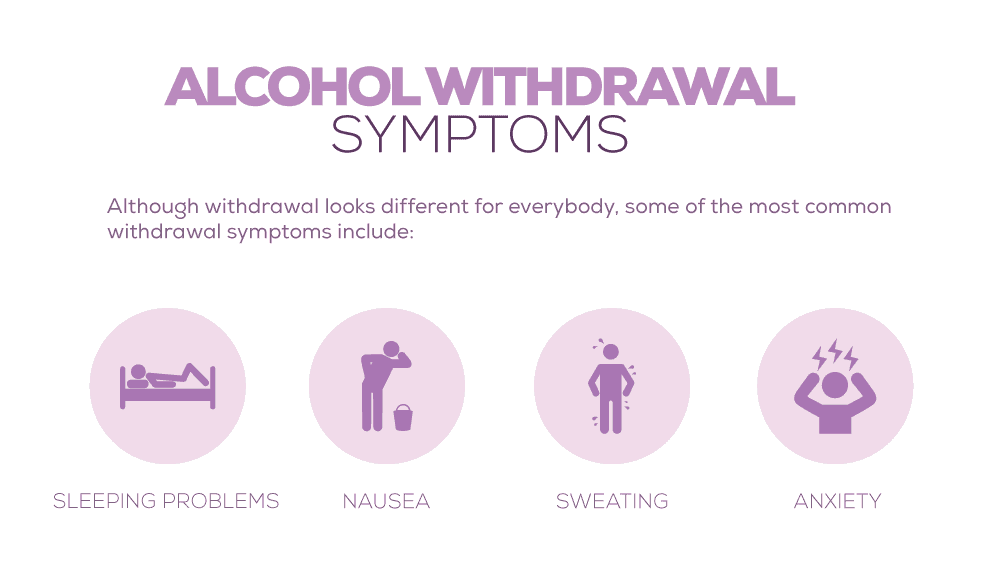Alcoholism, more appropriately called “alcohol use disorder (AUD),” is a chronic, relapsing condition. Individuals who live with AUD deal with compulsive thoughts about alcohol, a rush of brain chemicals while they are drinking, and difficult withdrawal symptoms when they stop. The stages of alcoholism, as explained by the National Institute on Alcohol Abuse and Alcoholism (NIAA), make the cycle difficult to break. Alcohol addiction treatment offers hope for a better future.
The Addiction Cycle
While many people interchange substance abuse and addiction, they are two different terms. Substance abuse refers to the act of overusing, misusing, or ignoring the potential harm of a substance. On the other hand, addiction is characterized by physical and psychological dependence on a substance, meaning that an individual cannot function without it.
Types and Stages of Alcohol Abuse
An early researcher in the field of alcohol addiction, E. Morton Jellinek, noted escalating behaviors among individuals struggling with alcohol, like:
- Drinking to relieve feelings and blacking out
- An inability to stop drinking when others do
- Neglecting food, work, family, and friends
- Being intoxicated for long periods
This pattern leads to a complete obsession and the need to drink in order to avoid withdrawal symptoms—a full-blown addiction. Thankfully, alcohol detox and rehab work, and those struggling to stop drinking can find a better way forward.
Alcohol Use Disorder Is a Disease
Experts now know that AUD is a mental health condition that changes the makeup of the brain. This, in turn, affects individual choices, behaviors, and even personality. With this understanding of addiction to alcohol, it is important to realize that there are at least three stages to the disease. Becoming addicted is simply the initial stage, and entering recovery does not mean that addiction is no longer present. Instead, it is another stage in the progression and regression of the mental disorder.
The Stages of Alcoholism Explained
AUD never develops in a vacuum. Instead, casual drinking can slowly transition into problem drinking, which in turn develops into dependence and can lead to withdrawal symptoms, a sure sign of alcohol addiction.
Northpoint Washington offers personalized alcohol addiction treatment that can help individuals at any stage of addiction. Our compassionate and experienced staff coordinates medical detox, individual therapy, and group counseling to support long-term recovery.
A Preview of the Stages of Alcohol Addiction
Many people think that alcohol use disorder always looks the same: drinking large amounts of alcohol all day, every day. While these behaviors may be the most dangerous to physical health, the reality is that it is only one of many different signs of alcohol addiction, which can take on many different forms. However, no matter what it looks like, AUD generally follows a progression of stages:
- Alcohol dependence
- Withdrawal symptoms
- Recovery from AUD
Each of these stages of alcoholism is explained in turn. All three stages combine to show that AUD is a complicated disease. Addiction can develop quickly or over the course of years; it can be solitary or social, and it can be obvious or hidden.
Stage One: Problem Drinking and Alcohol Abuse
Before addiction to alcohol takes shape, many individuals tend to abuse the substance. One of the first addiction symptoms to take shape in this stage is a marked increase in how often and how much alcohol is consumed. Casual and social drinking can easily turn to binge drinking and occasional alcohol abuse, particularly for those who are genetically predisposed to addiction because of their family history.
Binge Drinking Is Especially Dangerous
In contrast, binge drinking is defined as having five or more drinks within the same two-hour period (or four drinks for women). Consistently binge drinking or abusing alcohol can lead to alcohol dependence, the first step toward alcoholism as a mental disease.
While binge drinking itself does not always lead to alcohol dependence or alcohol addiction, it is dangerous to your health regardless. Not only that, frequent binge drinking is often associated with later stages of addiction.
Developing High Tolerance and Dependence
As individuals experiment with heavier drinking, they may need to consume larger amounts of alcohol at once to reach the same effects. Over time, this can lead to a dependence on alcohol, as well as its effects. This marked increase in alcohol consumption can lead to a physical dependence on alcohol.
Alcohol dependence is not only physical. In the first stage of AUD, one of the major symptoms of simultaneous alcohol abuse and dependence is found in the motivation behind drinking. Your drinking habits may be problematic if you consume alcohol for any other reason than to be social or to enjoy the taste, including:
- Using alcohol (or other substances) as an excuse for social interaction
- Using social interaction as an excuse to use alcohol
- Drinking alcohol to reduce or deal with stress at the end of the day
- Drinking alcohol because you are bored
- Consuming alcohol to deal with negative emotions or experiences, such as loneliness or sadness
- Drinking to wake up, wind down, or go to sleep
Dependence affects both the brain and the body. As you drink more and more, your body adjusts to drinking regularly. Once this happens, you may experience uncomfortable withdrawal symptoms if you try to stop or reduce your alcohol intake.
Social Problems Arise
Finally, one of the major signs of addiction in its earliest stages is when alcohol begins to cause social problems. This can mean anything from experiencing issues in your closest relationships (as with family or significant others) because of your alcohol consumption or having difficulty talking to strangers without the aid of alcohol.
If you start to see social problems as a direct result of your drinking habits, you should consider cutting back your alcohol use to see if these problems dissipate. If you are unable to stop using alcohol, it may mean you have already entered stage two of addiction.
Occasionally noticing some of the stage one behaviors does not necessarily mean you have AUD. However, when you begin to see a pattern of these behaviors and experiences, it is probably time to reconsider your drinking habits.
Stage Two: Dependence and Withdrawal Symptoms
Not everyone who engages in binge drinking will become addicted, but alcohol abuse is a natural precursor to full dependence and addiction. One of the primary signs that an individual has progressed from the early stages of AUD into full dependence on the substance is when they begin to experience withdrawal symptoms. Experiencing withdrawal is a signal that your body has become dependent on alcohol and only diminishes by completely detoxing or indulging your body with more alcohol.
While withdrawal looks different for everybody, some of the most common withdrawal symptoms include:
- Sweating
- Nausea (longer lasting than a hangover)
- Trembling in the hands
- Irritability or unexplained flashes of anger
- A marked increase in heart rate
- Sleeping problems (either sleeping too much or being unable to sleep)
- Vomiting
- A long-lasting headache
- Anxiety
- High blood pressure
- Confusion or fogginess
- Fever
In extreme cases, these symptoms can include hallucinations, seizures, itching, and even numbness. Alcohol addiction is true mental and physical dependence in its extreme form. If you experience withdrawal symptoms, it is a likely sign that alcohol is a problem in your life. End-stage AUD often manifests in both mental and physical symptoms and shows that an individual has completely lost control over their drinking.
Stage Three: Recovery and Getting Help
Even severe addiction can be effectively treated with professional help. In the treatment stage, individuals are able to detox from the effects of alcohol and begin to address the issues that this dependence has caused in their lives. After detox, treatment can take a variety of forms, ranging from simply attending support groups to entering into more formal treatment.
Support Groups
Weekly—or more often—attendance of Alcoholics Anonymous meetings offers an effective means of dealing with triggers and cravings, particularly for those who have only recently come to terms with their alcohol addiction. These support meetings offer those struggling with addiction the opportunity to receive the accountability and the mental encouragement needed to both begin and continue recovery.
Formal Treatment
Another, more professional approach to recovery is through a licensed rehab center that offers a range of levels of care and dual diagnosis treatment, like Northpoint Washington.
- Residential treatment – An entirely immersive experience that removes individuals from the triggers and temptations of everyday life. This approach to treatment has been shown to be particularly effective for those who have either struggled with alcoholism for a long time or else tried getting sober on their own without being able to.
- Intensive outpatient treatment – These programs allow participants to remain at home but usually require treatment for about ten hours each week. IOPs also include both group support meetings and individual counseling, addressing both the effects and the underlying causes of all three stages of alcohol addiction.
- Outpatient treatment programs – Participants continue to reside at home while attending daily counseling and classes—are also available for those with fewer physical symptoms or who do not have the time, support, or resources to attend a residential program.
After treatment in a rehab center, aftercare and alumni programs help individuals adjust to life as a person in recovery. These programs offer accountability, continued support, and encouragement from those who are going through or have already gone through the same process.
Relapse Is a Normal Part of Recovery
It is worth noting that relapse is a very real possibility for those going through alcohol treatment and beginning their road to recovery. In fact, relapse is relatively common either during or after recovery. The reality is that at least 50% of those who enter recovery eventually relapse. This is not meant to be discouraging. Instead, it is helpful to have a healthy understanding of what recovery looks like.
The truth is recovery does not end when the treatment phase comes to a close, nor is AUD effectively cured as a result of treatment. Addiction is a disease that you will live with throughout your life. Staying sober and avoiding relapse requires staying committed to recovery for the long haul. Attending group support meetings and having a network of people you can reach out to when the going gets tough is vital. The recovery stage of AUD may be the most difficult, but it is certainly more than worth the effort.
Call Northpoint Washington for Help
The stages of alcoholism have been explained in several different ways, but one thing is clear—recovery is possible. Northpoint Washington offers personalized alcohol addiction treatment that can help individuals at any stage of addiction.
We know the difficulties that come with AUD because we are dedicated to helping those who struggle with it every day. Call 888.450.2153 or contact Northpoint Washington online to find help now.


